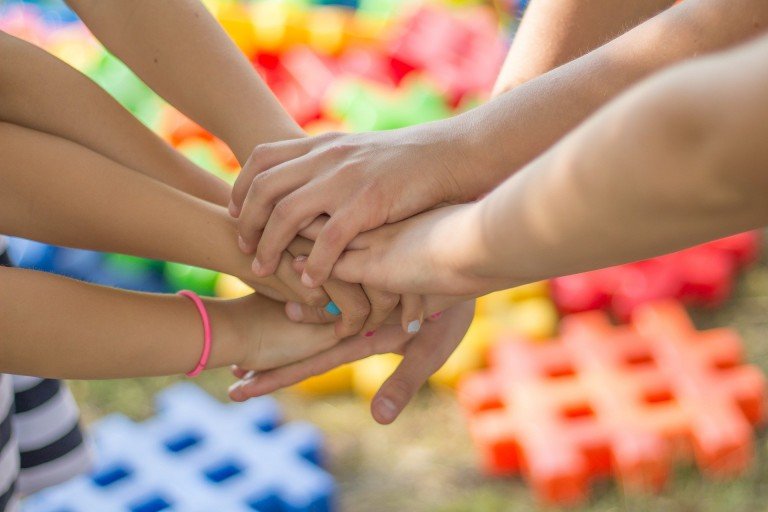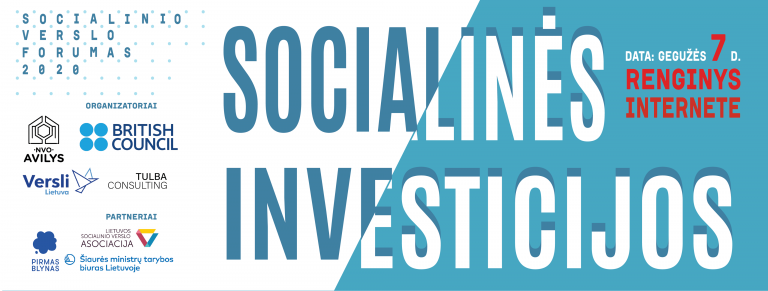IKEA Social Entrepreneurship
You all have probably heard of IKEA – a Swedish home furnishings company and world’s largest furniture retailer since 2008. But did you know IKEA backs and boosts social entrepreneurs all over the world?
IKEA has long since had the vision to create a better everyday life for as many people as possible. Back in 2012, the company looked at how to achieve this by including products and services from social entrepreneurs in its offer. These first collaborations resulted in over 100 jobs created. Today, these business partnerships contribute to over 20,000 jobs and incomes.
Building on the success, IKEA looked to support programmes that accelerate the movement of social entrepreneurship in general. By supporting social enterprises with a vision to create a more inclusive and equal society, IKEA hopes to have a positive impact on people’s livelihoods. At the same time, the company is continuing to look for new and innovative partnerships that will offer IKEA customers unique handmade collections and services.
By boosting social entrepreneurs all over the world, IKEA gets to be a part of creating new opportunities for vulnerable people and communities – while fighting the root causes of poverty and inequality.
[embedyt] https://www.youtube.com/watch?v=28t-AD3vCEY[/embedyt]


This publication has been prepared within INDIGISE project. The content of this publication is the sole responsibility of the project coordinator and may not always reflect the views of the European Commission or the National Agency.









“Since 2012, IKEA has been collaborating with social businesses – pioneers with the ambition to create business that is ethical in all dimensions. This is the story of business done differently, which aims to create 95,000 jobs that positively impact 500,000 lives. And that’s just the beginning.
IKEA social entrepreneurship is a program that started with the vision of honouring unique skills and competences and gives them a global platform to stand on – resulting in better lives for those who need it most. This has been accomplished by partnering with enterprises that produce products and services that in turn empower people who struggle to provide for themselves and their loved ones. The result is financial independence and life-changing opportunities for families and communities; with improved health care, education and gender empowerment.
IKEA has high standards for all suppliers through something called IWAY. IWAY sets social and environmental requirements for all IKEA suppliers; making sure that people are well treated, resources are protected, and workspaces are healthy and safe. A social business meets these standards, but chooses to go beyond IWAY to reach people furthest from the job market.
Focus areas
Inclusion
Supporting social entrepreneurs who strive to improve the terms on which individuals and groups take part in society. This involves providing jobs, incomes, capabilities and tools to those who are vulnerable and marginalised irrespective of their individual or group characteristics.
Equality
Working with social entrepreneurs who look to make society more equal in terms of income, status, rights and opportunity. This involves supporting individuals or groups, but also changing systems, with a view to allow people to earn a decent and sustainable living.
Livelihood
Ultimately aiming to lift people out of poverty by having the opportunity to earn a decent living. With increased inclusion and equality comes a better chance of a dignified life, where people have the possibility to provide for themselves and their families in a sustainable way.
Partnerships that inspires change
Through real business
Partnering with social entrepreneurs at a business level, IKEA designs and produces products and services that are sold and offered at IKEA stores worldwide. It is a win-win situation with high quality products manufactured and vulnerable peoples lives changed through the jobs created.
IKEA co-worker engagement
What’s really unique about IKEA is how it uses colleagues as a resource. Their involvement ranges from operational support for social entrepreneurs who make products for IKEA, to strategic development for the ones that don’t provide products or services for IKEA. At the same time, it gives IKEA the opportunity to learn how to become more circular, sustainable and entrepreneurial in the business. It’s a relationship built on knowledge sharing, a mutual exchange of competences and inspiration.
Financial support to the partners
Since the characteristics and needs of each social entrepreneur are different, IKEA will customize its financial support. This will be a choice between grants – without the demand for repayment or financial return -, loans and equity investments.”
Read more here: https://ikea.today/social-entrepreneurship/
Source: https://www.ikeasocialentrepreneurship.org/en